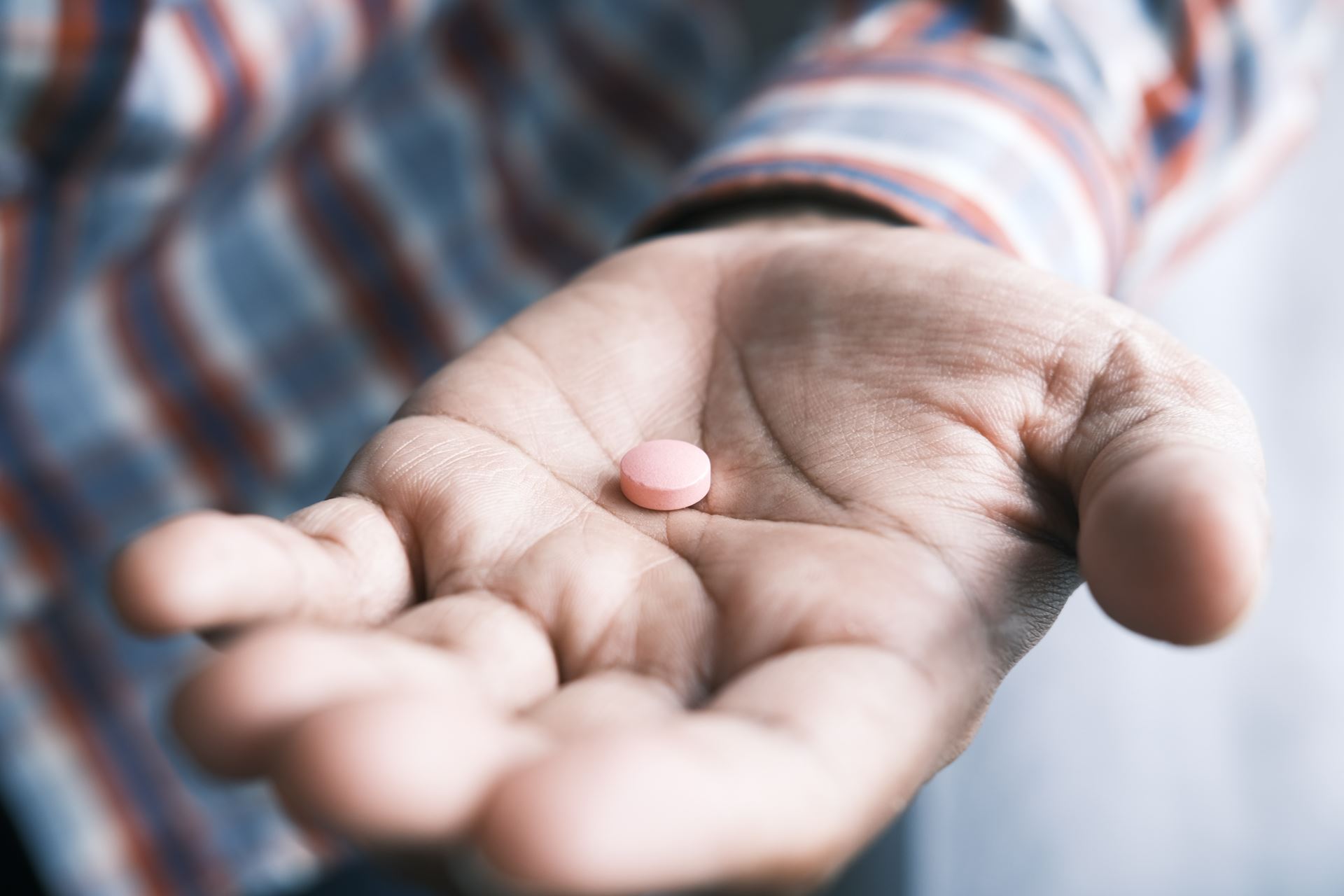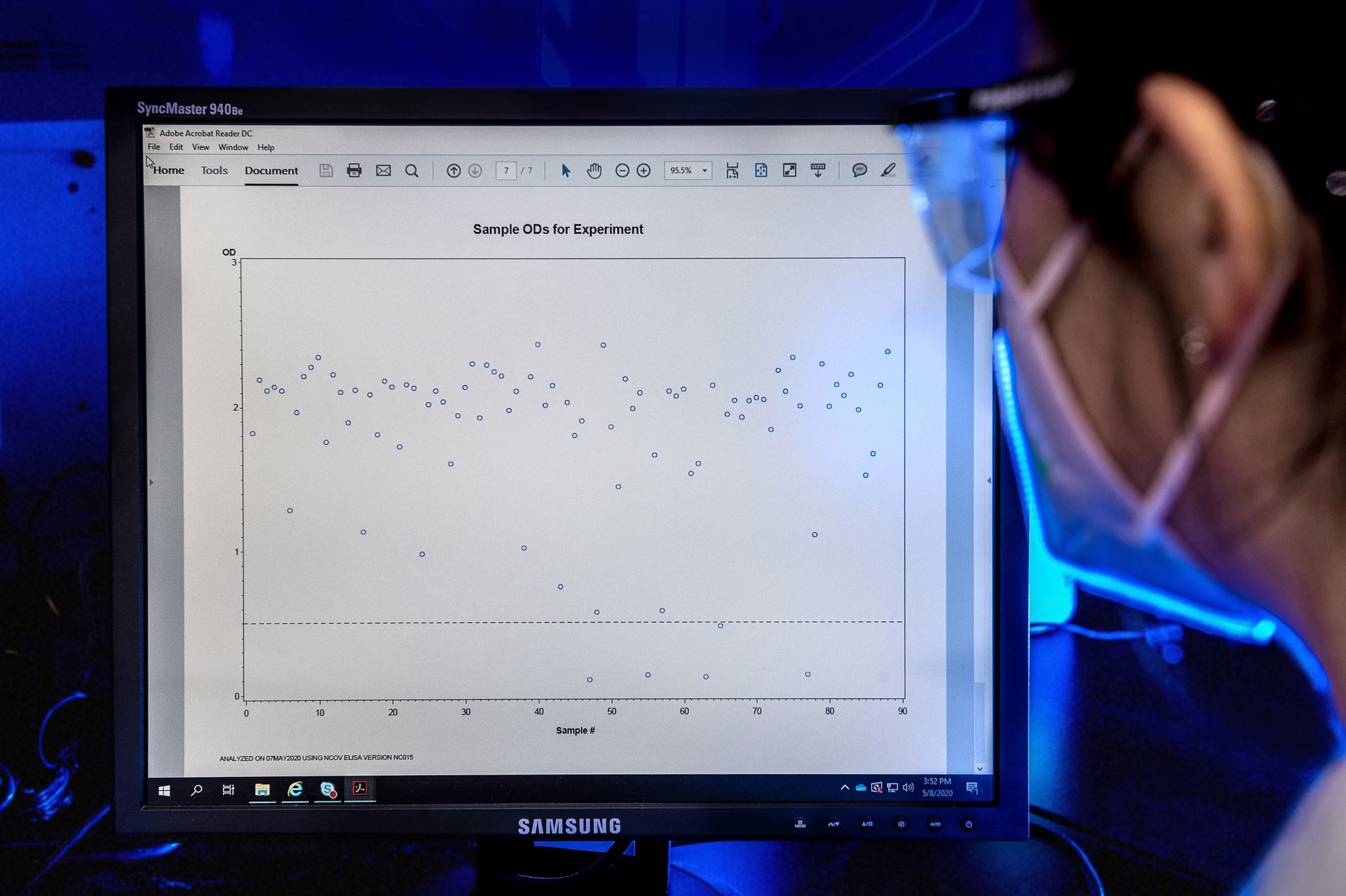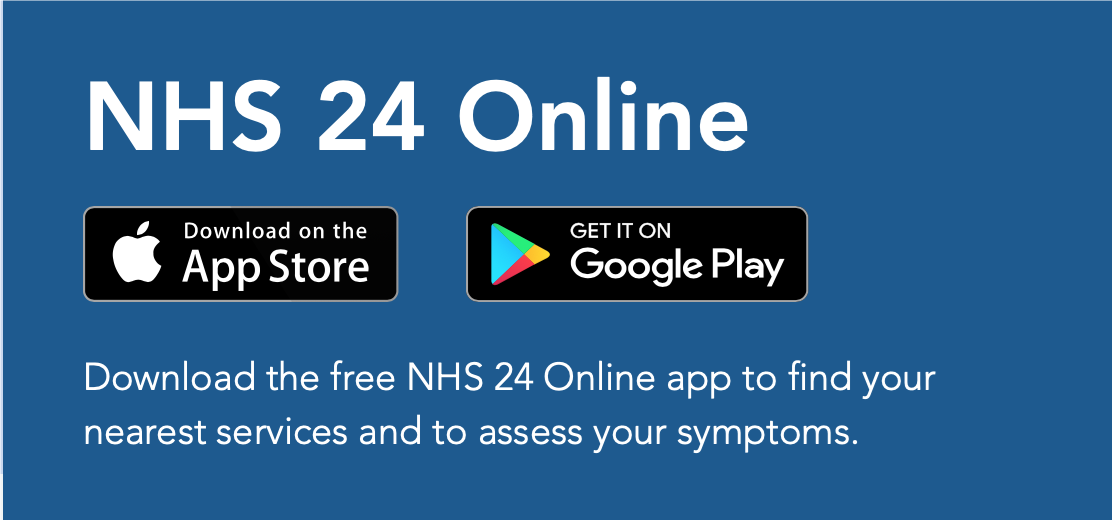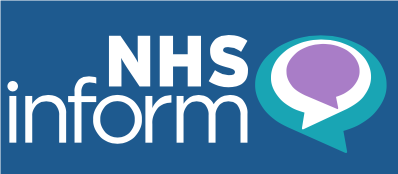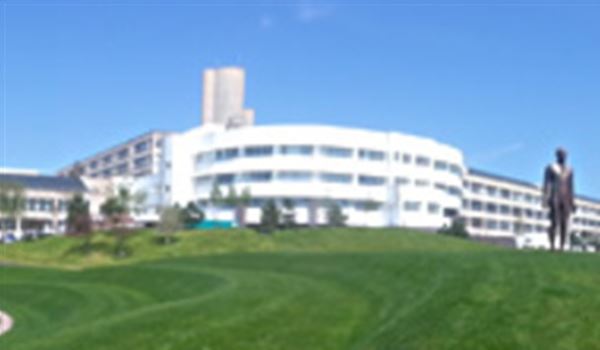Use our symptom checkers to assess your symptoms and find out what you should do next.
Alyth Health Centre
Illnesses and conditions A to Z
Find out about conditions, symptoms, causes and treatments, including what to do and when to get help.
Page last reviewed: 08 September 2025
Page created: 03 April 2025
Page created: 03 April 2025

